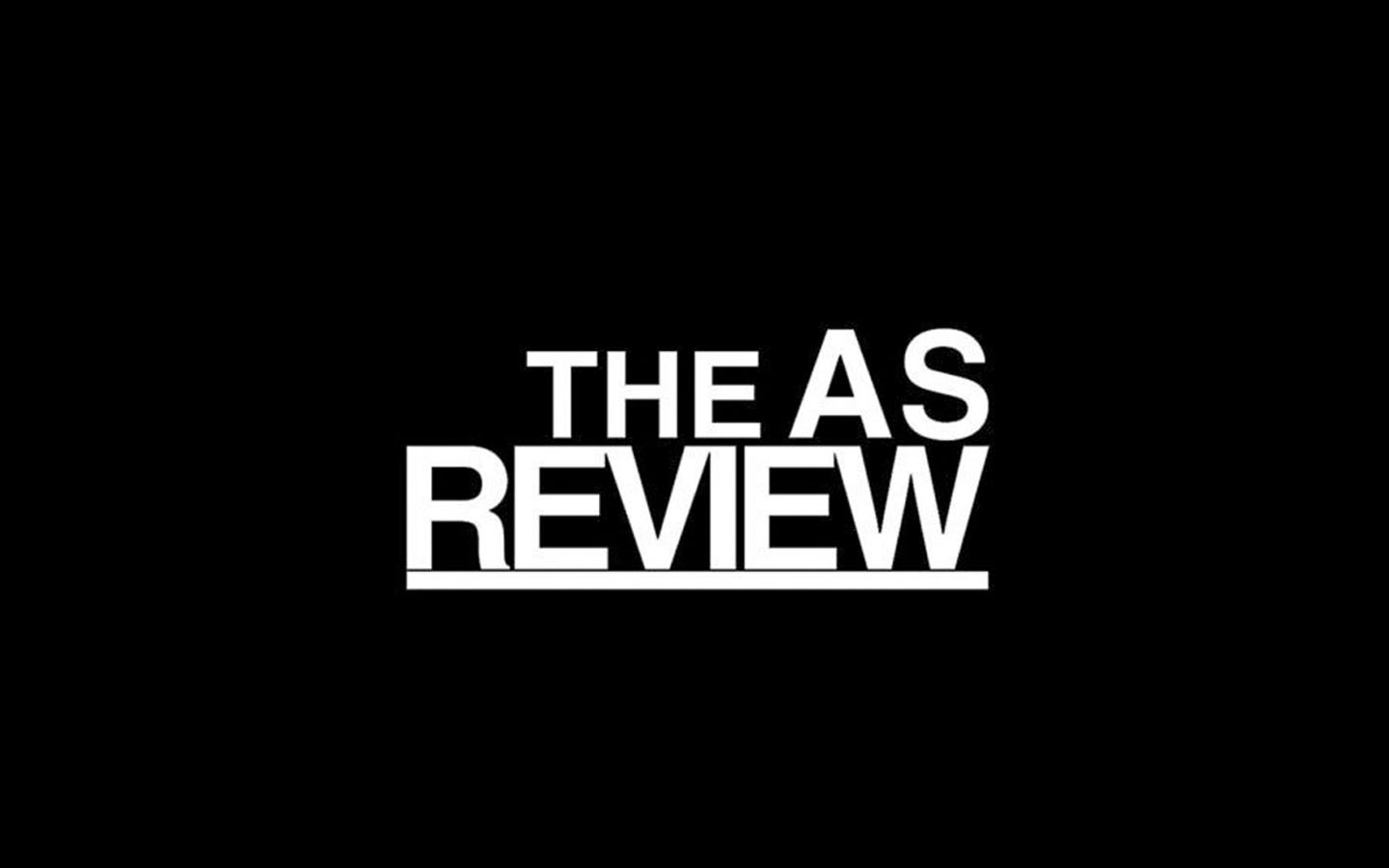Ok so, we’re back!
In the past few weeks, we’ve churned out a half-dozen articles covering the ongoing saga that has culminated in the Associated Students board voting to initiate a recall election of Genaro Meza, the AS vice-president for business and operations.
As we work to catch up to our digital present, we posted the articles online as quickly as possible and set up livestreaming for the board meeting where the decision to hold a recall vote was made. All this got the information out quickly to students who needed it to understand what was happening with their elected officials, but it took work.
On Monday alone, I clocked in 12 hours. Our writer, Soleil, clocked in many more over the course of the week. This is on top of all our other obligations and school work.
This gets at one of the core issues we face, which is simply being overwhelmed. There is an incredible number of stories to cover at Western. Stories that aren’t being covered, stories that can make a difference, but stories that need time, attention and effort to tell well. And simply put, over the last quarter, we’ve spread ourselves too thin trying to cover everything that needs to covered.
Part of the reason for this is that our media ecosystem is a mess. Our campus paper of record, The Western Front, a publication with a staff of around 10 editors and 30 writers (more than many professional publications), has lost the trust of many on campus due to a history of inaccuracy and ignorance, and, despite the efforts of many, has lacked the institutional mechanisms to be a consistently effective watchdog on administration, academic departments, campus crime or student government.
With only four writers and two editors, it makes sense that our voice should be an addition to campus conversation, not struggling to ensure a basic level of coverage. This is what we were set up to do after all. Our mission statement’s second, and I believe most pivotal and inspirational, line is: “The Review seeks to enhance the student experience by shedding light on under-represented issues through inclusive coverage, informing readers and promoting dialogue.”
However, that’s not the reality we are in. People look to us, and we have in-part marketed ourselves, as an alternative to the Front. So we have tried to adopt that watchdog role somewhat and I have been proud of the work we have done.
This work is time consuming, difficult and stressful. It requires precision, caution and, most of all, exceptional effort on all sides. I have seen the toll this has had on our staff, both personally and academically, as well as on myself. It has also limited our ability to respond to quickly unfolding events.
When the sit-in at the President’s office happened last quarter, we were limited in our response as all our writers were already at-capacity with other stories. More importantly, students of color shared so many stories of racism and institutional failings that we had never reported on. It was clear, as it should have been long ago, that we had failed to be an effective tool to amplify the voices of many who needed it most. In short, while focusing on holding power accountable, we had lost touch with the communities we were trying to serve. So what are we doing to address this?
Firstly, we’re doing less. We’re accelerating our plans to move to bi-weekly publishing, starting this quarter instead of next. Not having a weekly paper means we can spend more time working on our stories and publishing them promptly, instead of waiting the three days it takes for the paper to come out after we send it to print. Most importantly, it gives us more hours to both work on our stories and do the extra work of building an effective news organization that will continue in to future years. This also means accepting that The Western Front is going to be the only one to cover stories that we could otherwise beat them on.
Secondly, we’re shifting our coverage areas. When we assigned beats at the beginning of this year, they were incredibly broad. Instead, we’re working on refining them way down and focusing them on who needs their voices amplified. We have a long ways to go, but this is a beginning.
Thirdly, we may need to assess the need for more staffing. This was something that was raised in our assessment recommendations, a type of four-year strategic plan, approved by the AS board last year. As we have cut our number of publications down, this has freed up money in our budget. While our overall budget has increased as the minimum wage has, our cuts have mitigated the increase to below what a flat budget would be. Quality journalism requires an investment of resources and we’re stretching what we have now. As we move towards a more digital future of the AS Review and continue to cut printing, our largest expense outside of wages, we have a chance to bolster a service that has seen over 12,000 users since the beginning of the school year, according to our analytics.
Once again, the burden of labor has fallen back on students. Students who are already overwhelmed with classes, a social life and trying to survive. There are ways we can change the Review to make it less overwhelming and I’m working to pursue those, but just know that when we fall short (and please let us know when we do), we’re trying as hard as we can– because what we do matters.
-Erasmus Baxter, AS Review Editor-in-Chief

